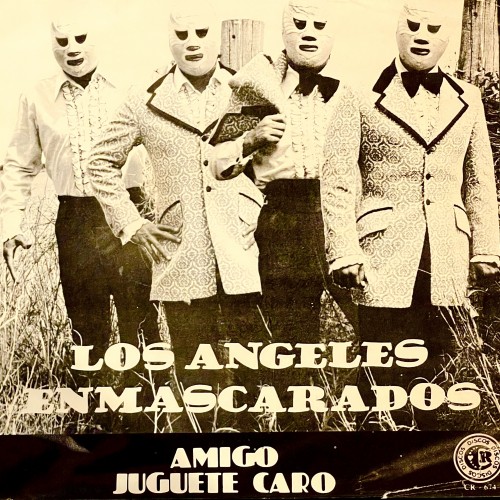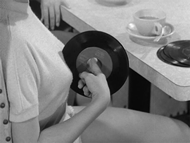Beer head
Li’l Wally Presents “Beer & Dutchmen Polkas” By the Michigan Dutchmen.
Good head enchants. It teases the eyes, inviting the curious to explore the unknown. The texture of head varies as much as the stars in the sky. Head can be rocky and voluminous, billowing up above the edge of the glass, or smooth and creamy, made of tightly knit bubbles. At times it may be loose and foamy. It can be as white as the snows on Mount Kilimanjaro, or as tawny and tan as the Girl from Ipanema. Guinness will leave a ring on the side of the glass for every sip you take. Many Belgian beers will do the same. Still other styles may leave intricate patterns of lace that curve like opera curtains over a brightly lit stage, or they may spot the glass like 101 Dalmatians. Some head dissipates to a veil or ring, and may die completely in the presence of the smallest molecule of natural oil in foods. In beer with high alcoholic content, head may be spare.
Does it serve a purpose? What constitutes good head on beer? How does it form?
Those who analyze beer insist that head is a necessary part of the beer experience. When served in glassware that has been properly cleaned and is of the correct shape, head will hold the delicate aromatics within the beer, and release them gently for your olfactory pleasure. Gases that live within bubbles that form the head will affect mouthfeel, creating sensations that differ on your tongue. When formed as a result of the natural carbon dioxide created by the action of yeast, bubbles will feel more tingly and effervescent than the creamy ones infused with a mix of carbon dioxide and nitrogen. Each style demands its own type of head, or rather, the proteins in barley or wheat malt, coupled with bittering hops, will determine the outcome of the head for each style.
Good head retention is when one-half of the height of the original head persists for at least one minute after pouring.
(Courtesy of Carolyn Smagalski, BellaOnline’s Beer and Brewing Editor)



 (42 votes, average: 4.55 out of 5)
(42 votes, average: 4.55 out of 5)






